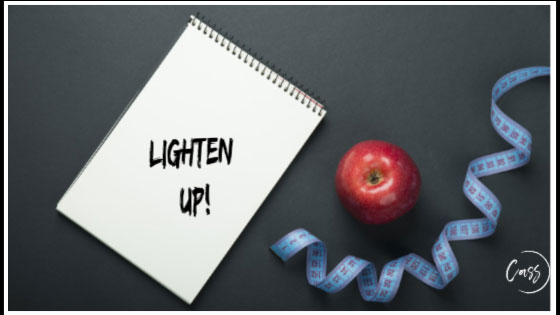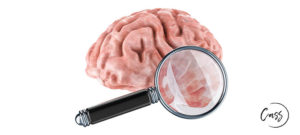
Food is vital for life and fundamental to our health and wellbeing. It’s a means of celebration and connection; but for many people, food can also be a battleground. As a society, our preoccupation with weight and body shape has led us to search for the ‘right’ food plan that will help us achieve our weight goals and gain optimal health. No doubt at various times during your life, depending on what you’d read or what ideas were prevalent, you might have subscribed to a low-fat or low-calorie diet; low-carbs, high protein, healthy fat; or you may have opted for a vegetarian or vegan diet. Carnivores might follow Paleo guidelines with the most diligent omitting all grains, legumes and dairy from their diet.
All of these approaches to food and eating can potentially lead you to categorising foods into categories such as ‘good or bad’, ‘right or wrong’, ‘healthy or unhealthy’. If you add environmental and ethical issues to the mix, you can easily begin judging food by how sustainable it is; how ethically produced or humanely raised. If you tend towards perfectionism or have a strong need for control, what begins as a guideline or values-based decision can quickly turn into rigid rules around food and eating. So when do personal approaches to eating become a problem, and what can you do about that?
It’s easy to believe that following a certain diet or food plan is the “right” way to eat (that’s why you do it!) but the bigger picture is that having unrelenting standards about food can impact your ability to enjoy life. When it becomes extreme, it can cause anxiety and lead to disordered eating. Perfectionistic ideas around food can actually be a precursor to Anorexia Nervosa, Bulimia Nervosa, or even Orthorexia, which is defined as an obsession with healthy eating.
If your food rules are causing you to feel stressed, try these strategies for lightening up and letting go of the rigidity:
1. Change your language around food.
Do you find yourself using moralising words or phrases such as ‘bad’ food, ‘cheat’ meals, or ‘not allowed’? Bring in some flexibility and choice by using the word ‘could’ instead of ‘should’. Swap out ‘cheat’ for ‘treat’ and remind yourself that food choices are exactly that – a choice you make, not a doctrine you must obediently follow. Simply noticing this tendency to judge or moralise certain foods is the first step to changing that habit.
2. Remember the bigger picture
If you choose to eat a particular way because of certain beliefs or values, there isn’t anything wrong with that unless that way of eating begins causing you stress or anxiety. Valued living means making choices in line with your values but accepting that life happens sometimes and we all veer off course. Values are a direction, not a final destination. If you notice you’re becoming anxious or excessively pre-occupied with food or that it’s limiting your ability to enjoy life, try to step back from the rigid rules and keep the bigger picture of your values in mind.
3. Practise mindfulness.
If you’ve struggled with food or weight in the past, rigid food rules can feel comforting because you no longer trust yourself to make reasonable choices. The problem is that relying on food rules continues to place the onus on something or someone outside of you to decide what or when you should eat, rather than you tuning in and listening to the signals of your body. Mindful eating is about connecting to your experience in the present moment; that is, what’s happening within you as well as the sight, smell, taste and texture of food. Being aware of your body’s signals helps you to recognise when you’re hungry or full whereas having your choices dictated by food rules overrides those natural inclinations.
And if this is something you feel you can’t manage alone, there is no shame in asking for help from a professional. You can obtain a referral to a psychologist from your GP or you might want to check out an organisation that specialises in eating or body image issues such as the Butterfly Foundation.







[…] and a cookie are very different for obvious reasons, but neither need to be removed entirely. Rigid food rules and labelling foods as good or bad is often a problem I see with clients starting […]